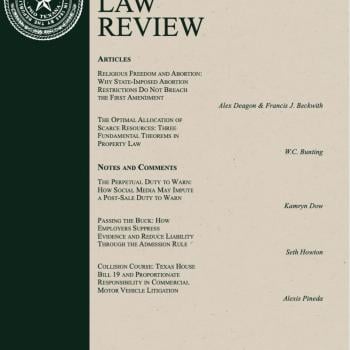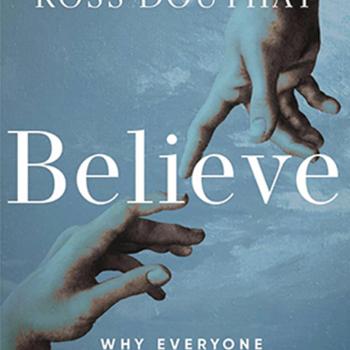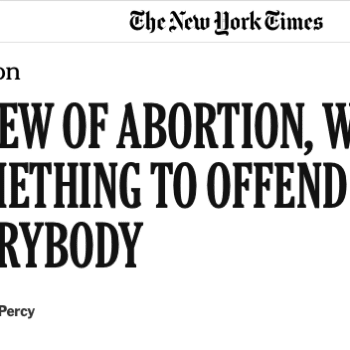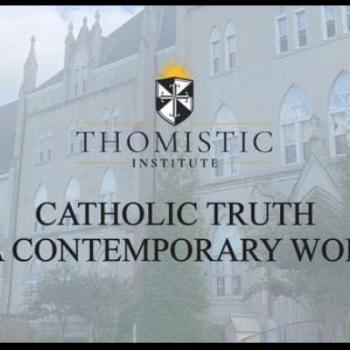University of Notre Dame law professor Rick Garnett has just published a piece over at First Things on anti-Catholic attacks after the U.S. Supreme Court’s ruling in Dobbs v. Jackson Women’s Health Organization (2022), the case that overturned Roe v. Wade (1973) and Casey v. Planned Parenthood (1992). Professor Garnett writes:
In late June of 1992, just a few weeks before I entered law school, the Supreme Court issued its decision in Planned Parenthood v. Casey. In that case, a bare majority of the justices reaffirmed—or rather, reimagined—the right to abortion invented by the Court two decades earlier in Roe v. Wade. I was surprised, and crushed. For pedagogical reasons that elude me still, Casey was the first day’s reading assignment in my Constitutional Law course.
About three years later, as my law-student stint was winding down, a few of my classmates and I drove to Cambridge, Massachusetts, to attend an intimate “Law Students for Life” gathering at Harvard Law School. The keynote speaker was the late Fr. Richard John Neuhaus, and I recall vividly his dramatic, inspiring conclusion—one that he would repeat thirteen years later in what Robert George has called “the greatest pro-life speech ever given”: “Until every human being created in the image and likeness of God is protected in law and cared for in life, we shall not weary, we shall not rest. We shall overcome.”
Fr. Neuhaus exuded and expressed more confidence that day than I felt then and since. But he did not hope in vain, and last week, in Dobbs v. Jackson Women’s Health Organization, the Court ruled that “the Constitution does not confer a right to abortion” and “Roe and Caseymust be overruled.” No doubt Fr. Neuhaus would insist that it is not nearly time yet to “rest,” but the Court’s repudiation of two of its most egregious and damaging errors is both welcome and warranted.
The angry criticism and overheated denunciations of the decision were expected. What is surprising is that, despite having nearly two months’ advance notice of the Dobbs decision’s arguments due to a Supreme Court leak, the critics and denouncers—like the dissenting justices—have so little to say in defense of Roe’s reasoning. According to them, the fact that Roe was imposed five decades ago is enough to warrant and sustain the sweeping and extreme regime it imposed. They effectively concede, as Justice Byron White observed at the time, that the imposition was little more than an “extravagant” exercise of “raw judicial power.”
For some, the Dobbs controversy is providing an occasion not so much for legal arguments about constitutional text, historical practice, and the weight of precedent as for the time-tested tactic of blaming the Catholics. One would-be Thomas Nast took to Twitter with a drawing of a mitre-wearing bishop holding a gun to the back of a blindfolded Lady Justice’s head. A new Paul Blanshard charged that “six [sic] Catholics on the Court just imposed Church law on the American people,” “made the Court a synod,” and “looked more like servants of the Vatican than servants of the American people.” Protestors waved signs with the now-familiar demand about “rosaries” and “ovaries.” That the justices have returned the abortion-regulation question to democratic processes and politically accountable actors is said, oddly, to confirm our slide into dystopian theocracy.
You can read the whole thing here.












